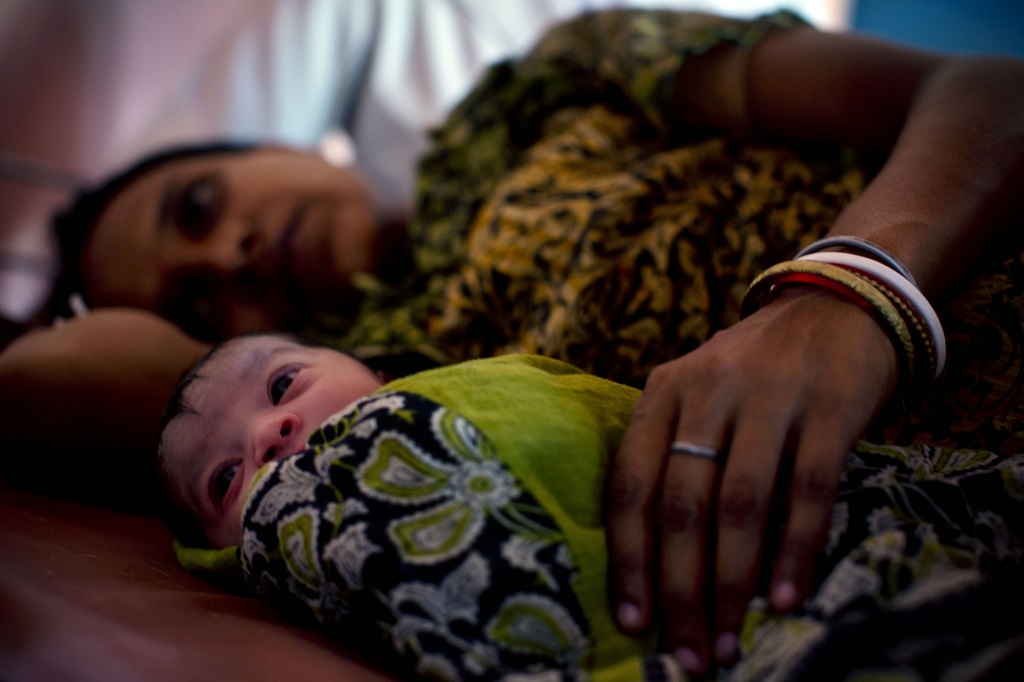“Women coming for family planning services are not patients,” said Dr. Sachinanda Mishra. “They are normal women seeking to space or limit their pregnancies. We must treat them like the healthy women they are.”
Dr. Mishra has been the Medical Officer-In charge at a community health center in Salepur for three years. The busy, 16-bed health facility, which sees more than 100 deliveries every month, reflects an emerging shift in the approach of healthcare staff who provide family planning services.
This shift – toward respectful, “client centric” care – took root in Salepur after a two-day, intensive MCSP training. Since then, “we give quality services to the clients,” he said. “We are not after quantity anymore.”

MCSP is supporting the Ministry of Health and Family Welfare to deliver high-quality family planning services through innovative processes and systems. The Program, which is active in five high focus states of India, is also helping to expand the country’s contraceptive choices, contributing to India’s FP2020 goals.
In a country where permanent methods have been the preferred choice for contraception, strengthening quality of family planning services cannot be achieved without ensuring high-quality services. With this in mind, MCSP designed a comprehensive two-day training aimed at updating the skills of minilaparotomy (“Minilap”) services providers. A procedure for permanently occluding the fallopian tubes, it has been performed safely and frequently in a wide range of countries for more than 30 years.
Emphasis is given to post-operative care and proper follow-up of the client. Providers are trained in counselling, stressing the importance of informed choice and consent. Operation theatre visits are organized to observe the procedure, classroom reviews are conducted, and providers practice on models to improve their competency. To date, 108 doctors have received this training.
Dr. Mishra mentioned a number of small, yet significant changes he has instituted at his facility since his own training. “We now perform the Minilap procedure as per Government of India guidelines,” he said. “To prevent infections, we wear aprons, masks and use instruments [which have gone through the proper] sterilization process.” His team also uses the recommended dosage of local anesthetic and dissolvable (rather than silk) strings to ligate the fallopian tubes.
Most encouraging, Dr. Mishra said, is seeing the results of these efforts: “[We are witnessing] a huge impact on the patients. We have performed more than 60 Minilap surgeries since April this year, and there have been no complications so far. I have seen very rare cases of recanalization after the training.”
While enforcing the use of evidence-based standardized techniques to conduct the surgery, MCSP’s training is also helping to change the experience of the women receiving family planning services by ensuring a positive attitude shift towards the client.
“Women are being properly counseled by our Lady Health Visitor. The clients are very happy after the surgery and, in fact, many are recommending it to their family members, as well. Now even we perform [the Minilap] surgeries courageously, without any fear,” Dr. Mishra added with pride.
Practicing respectful care is developing a gender sensitive health workforce in India that is providing high-quality family planning services. And Indian women, even in remote pockets of the country, are increasingly receiving the family planning method of their choice in comfort.

